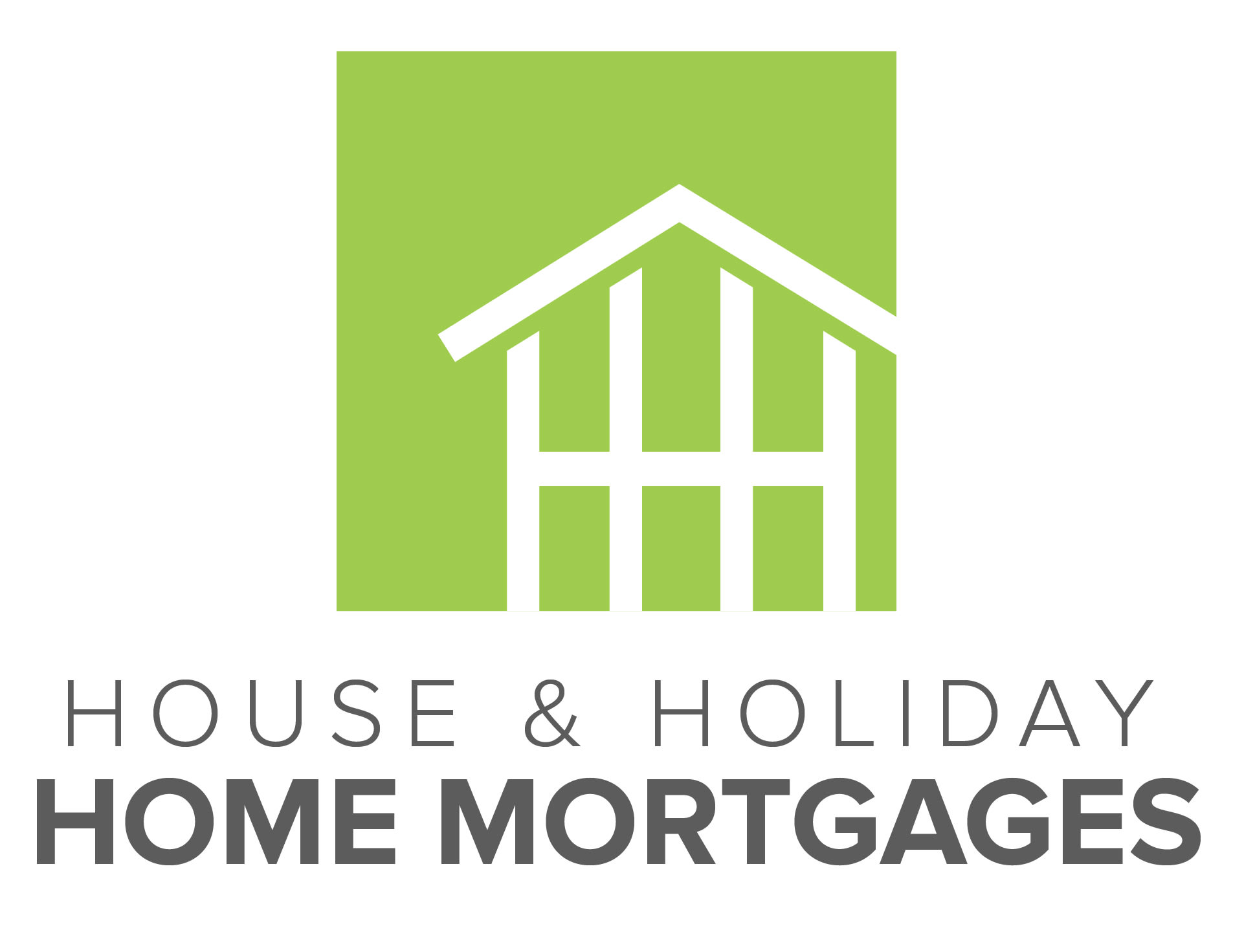Initial Mortgage Meeting Q&A

I am thinking of buying a home. What can I do to prepare for an initial mortgage meeting?
Buying a house, and getting a mortgage, can be a stressful time for many people. So here are a few useful tips that will help you in readiness for that important first meeting with your mortgage adviser.
We read and hear a lot about preventing getting ill by taking plenty of exercise and eating and drinking properly because if we don’t, we run the risk of getting some bad news and a jolt to our plans.
In many ways getting a mortgage is no different. If your affairs are in good order you shouldn’t be in for too many nasty shocks.
Here are my 10 top tips to put into action when you have decided you are going to buy a house.
1) Start by doing your own Credit check. Companies like Experian and Call Credit now offer free searches. Do check their terms and conditions. If there is something untoward about you on a credit file now is the time to find out, not when a lender is querying something like a missed payment or a default you had no idea about.
2) Make sure you are on the Electoral Roll at your current address. If you are not sure about this check your local authority website for assistance.
3) It is wise to check that all addresses to financial institutions are correct. Your proof of residence will be needed and 100% accuracy is essential. Make sure your passport or driving license ID is in date.
4) Start to keep a rolling file with 3 months’ current payslips, 3 months’ current account statements and your deposit savings ready to access quickly. Most lenders and advisers will want this information.
5) Best not to take out any unnecessary credit from now on. You want to keep your credit score as high as you can. I have heard of a mortgage application being terminated mid-course because when the lender did another credit check, a very large furniture purchase tipped the credit score into “fail” territory. An unusual scenario but true none the less.
6) As odd as it sounds, if you like a regular wager and your bank statement shows a plethora of withdrawals to bookmakers, many lenders will pick this up and underwriters could easily decline your loan.
7) Avoid taking out any payday loans, please. One such loan on your credit file will make getting a mortgage extremely difficult. Obviously, most of us experience a difficult time financial time in our lives and a payday loan may have been the correct solution at the time but please tell your adviser at the outset that you took this course.
8) Start to do a monthly expenditure budget on a spreadsheet so you can quickly transpose it to an adviser or lender’s fact find or application. Borrowing mortgage monies now more than ever is about affordability, so it’s a good idea to really grasp early on what money comes into your accounts and what is going out each month.
9) Get two or three solicitors quotes and talk to some conveyancers about what they are going to do to help you buy your house. Use a stamp duty calculator to know how much this expense will cost you. Also, note carefully from the quote you receive from a solicitor their charges and all the fixed costs or upfront payments needed that you will be responsible for.
10) Take advantage of the mortgage affordability calculators on most lenders websites. They will act as a guide for you.
Meeting with an experienced mortgage adviser is a great opportunity for you to seek expert help and advice during this very important phase of your life. At House and Holiday Home Mortgages, our mortgage advisers are able to advise our prospective customers on everything they need from finding the right lender to gathering the correct paperwork.
To talk with one of our expert mortgage advisers please contact us by calling us on 01453 887179 or by completing our online form.
Alternatively, you can contact me via email: mark@hhhmortgages.com.

